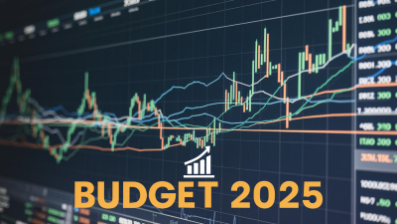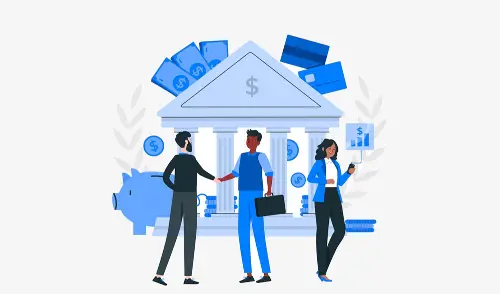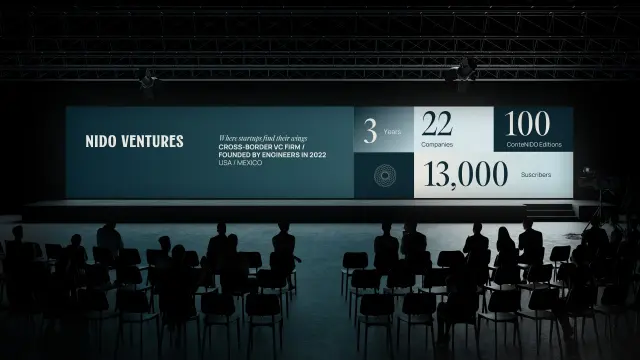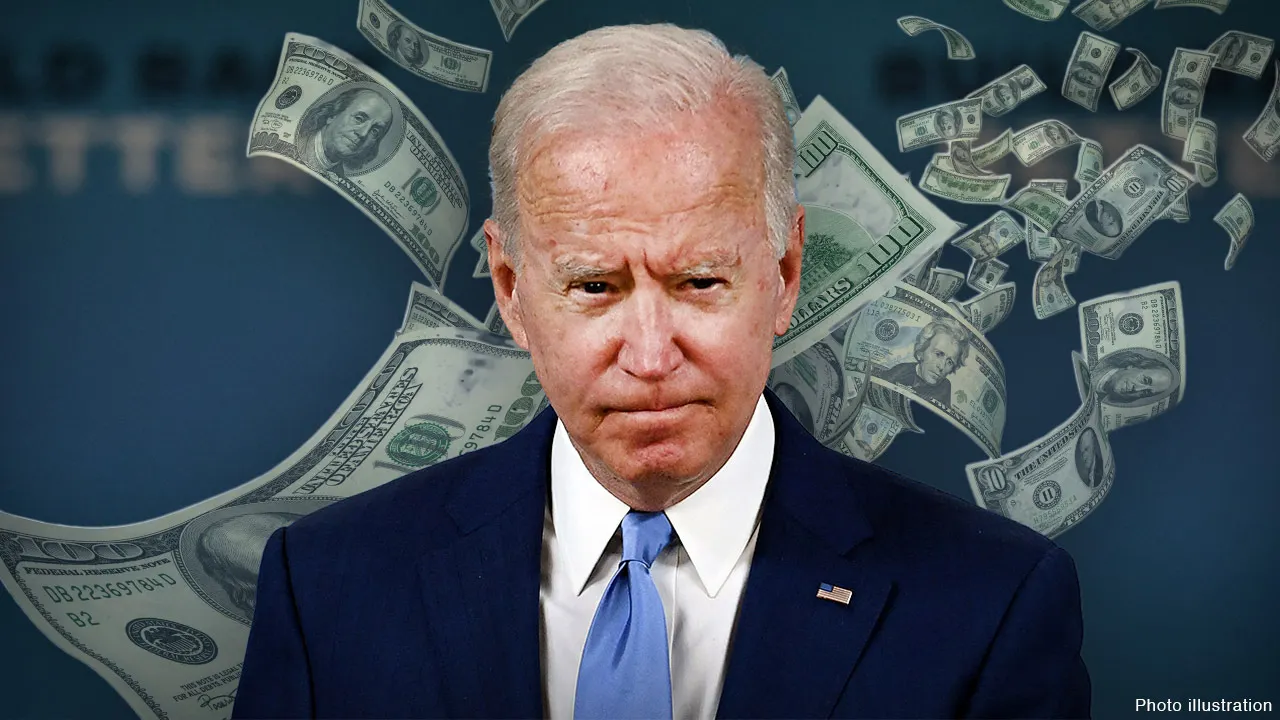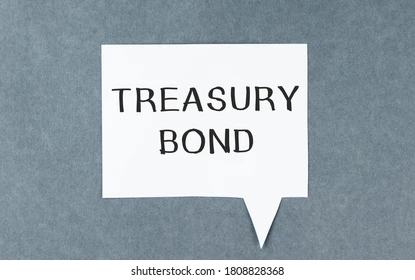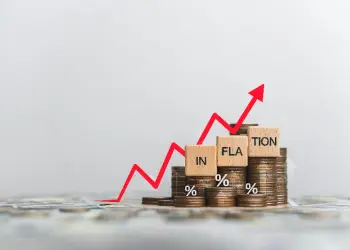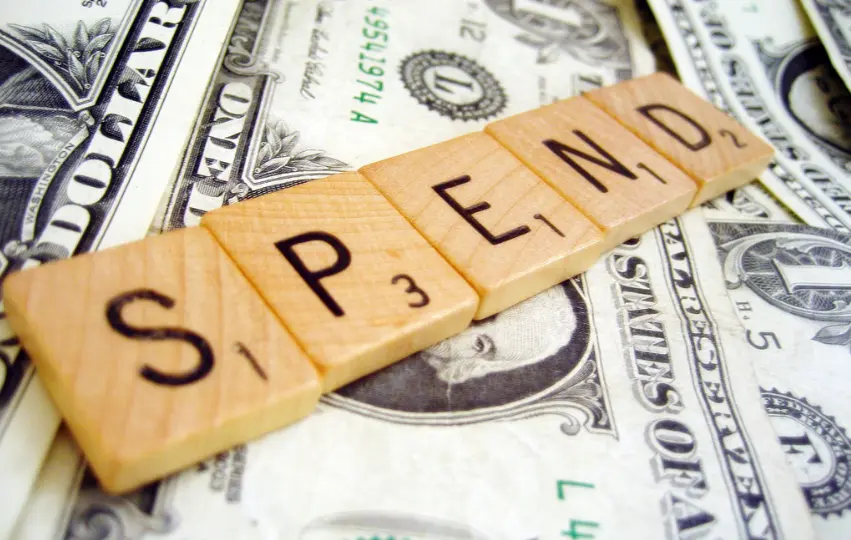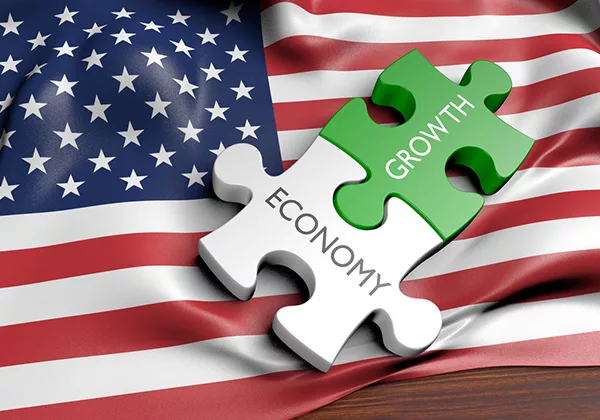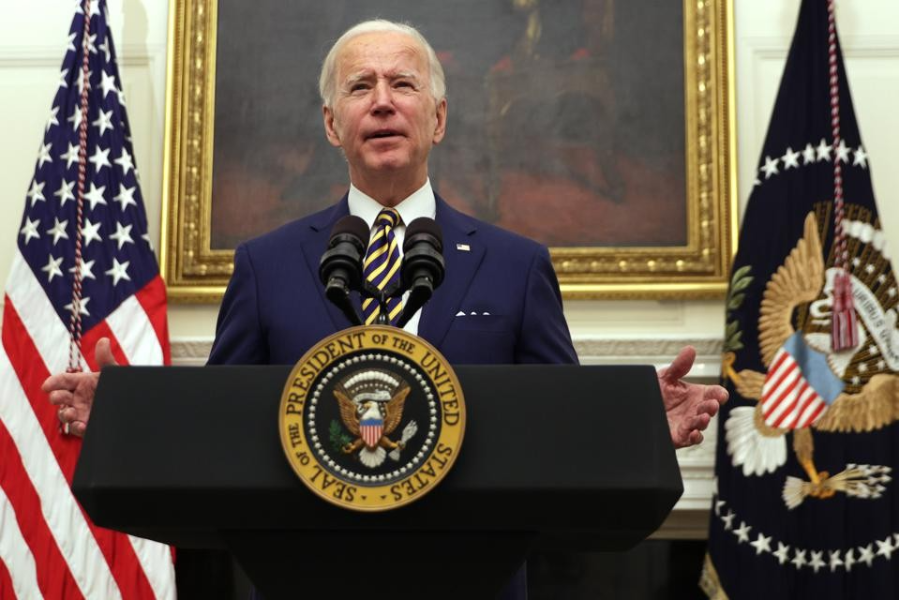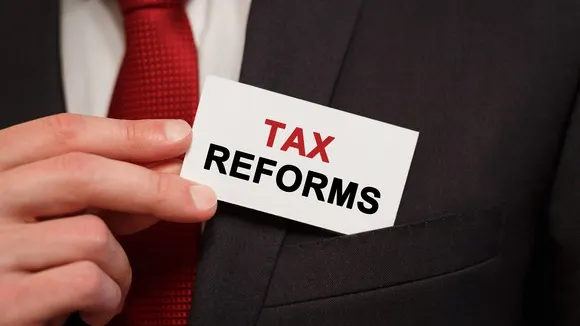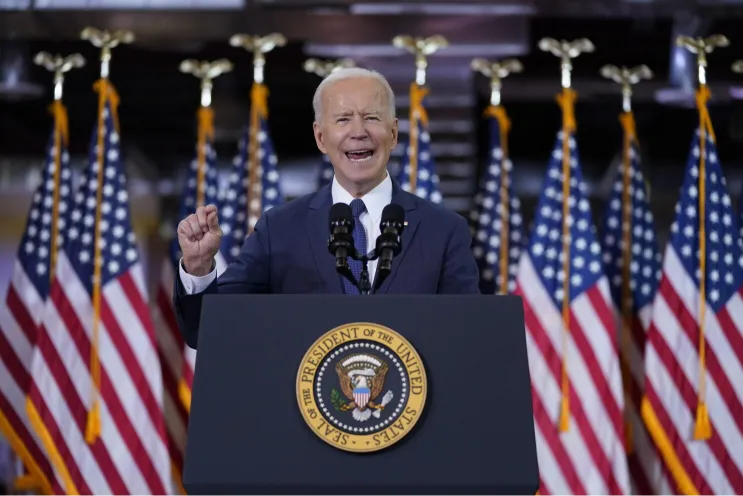Effective budgeting is the key to financial success. Discover the top budgeting strategies for 2025 that will help you save more, spend wisely, and secure your financial future.
Master your finances with the best budgeting strategies for 2025. Learn how to track expenses, cut costs, and grow your savings effortlessly.
Introduction – Why Budgeting is Crucial in 2025
Managing your money wisely is more important than ever. With rising living costs, economic uncertainties, and increasing financial responsibilities, having a solid budget ensures you stay in control of your finances.
Set Clear Financial Goals
Before creating a budget, define your financial goals. Whether it’s saving for a house, paying off debt, or building an emergency fund, setting clear objectives helps you stay motivated.
Track Your Income and Expenses
Use budgeting apps like
Mint, YNAB (You Need a Budget), or PocketGuard to monitor income and spending. Categorize expenses into:
- Fixed costs (rent, mortgage, utilities)
- Variable expenses (groceries, transportation)
- Discretionary spending (entertainment, dining out)
Use the 50/30/20 Budgeting Rule
A simple and effective way to budget:
- 50% of income for necessities (housing, bills, food)
- 30% for wants (entertainment, travel, dining)
- 20% for savings and debt repayment
Automate Savings – Pay Yourself First
Set up
automatic transfers to a savings account each month. Treat savings as a mandatory expense so you don’t forget to set money aside.
Cut Unnecessary Expenses
Identify areas to reduce spending, such as:
- Cancel unused subscriptions
- Cook at home instead of eating out
- Opt for public transportation or carpooling
- Use cashback apps for shopping
Build an Emergency Fund
Aim to save
3-6 months' worth of expenses in a high-yield savings account. This financial cushion helps you handle unexpected expenses without going into debt.
Use Budgeting Envelopes for Cash Spending
The
cash envelope system helps control discretionary spending. Allocate cash for different categories (groceries, entertainment) and spend only what’s in the envelope.
Reduce Debt Strategically
Choose a debt repayment strategy:
- Debt Snowball – Pay off small debts first to gain momentum
- Debt Avalanche – Pay off high-interest debt first to save money on interest
Shop Smart – Use Discounts & Rewards
Use cashback credit cards, coupons, and apps like
Rakuten, Honey, and Fetch Rewards to save on everyday purchases.
Plan for Large Purchases
Instead of making impulse purchases, plan and
save in advance for big-ticket items like vacations, gadgets, or home renovations.
Review and Adjust Your Budget Monthly
Financial situations change, so review your budget regularly. Make adjustments based on income changes, expenses, or new financial goals.
Take Advantage of Employer Benefits
Maximize employer benefits such as
401(k) matching, health savings accounts (HSA), and employee discounts to save more.
Use Multiple Bank Accounts for Organization
Keep separate accounts for:
- Daily expenses
- Savings & emergency funds
- Long-term investments
This helps avoid accidental overspending and keeps finances organized.
Final Thoughts – Make Budgeting a Habit
Budgeting isn’t about restrictions—it’s about financial freedom. By consistently tracking expenses, saving wisely, and making informed spending decisions, you can achieve financial stability and long-term success in 2025.

